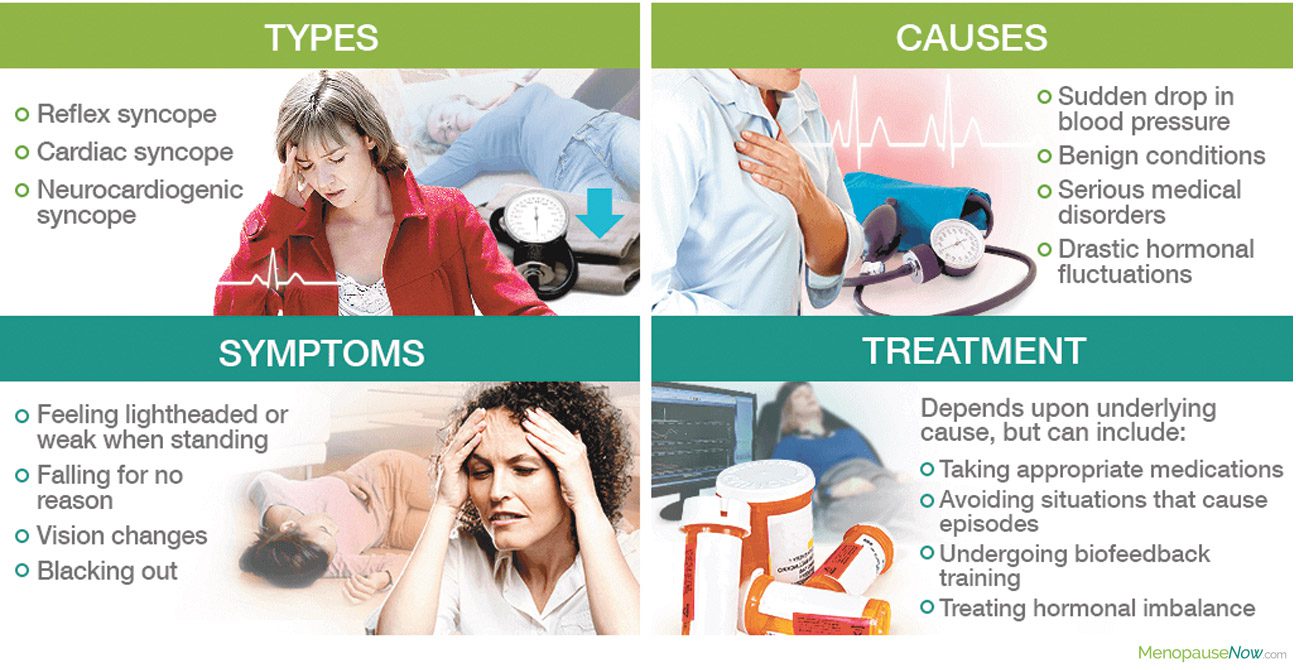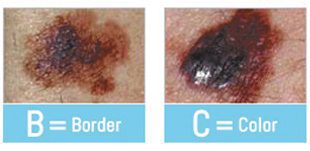By Dr. Aneley Yegezu Hundae, M.D., FACC
Syncope, also known as fainting or passing out, is a temporary loss of consciousness and muscle strength due to a decrease in blood flow to the brain. It is a common and usually benign condition, but it can also be a symptom of a more serious underlying medical problem.


There are several different types of syncope, including:
1 Vasovagal syncope: This is the most common type of syncope and is often triggered by emotional stress, pain, or prolonged standing. It occurs when the body’s natural reflexes cause the blood vessels to dilate and the heart rate to slow down, leading to a decrease in blood pressure and reduced blood flow to the brain.
2 Cardiac syncope: This type of syncope is caused by an abnormal heart rhythm or a problem with the structure of the heart. It can be triggered by physical activity or emotional stress and may require immediate medical attention.
3 Orthostatic syncope: This type of syncope occurs when a person stands up too quickly, causing a sudden drop in blood pressure and reduced blood flow to the brain. It is often seen in older adults or those taking medications that lower blood pressure.
4 Reflex syncope: This type of syncope is caused by a stimulus, such as a sight, sound, or touch, that triggers a reflex in the body that causes the blood vessels to dilate and the heart rate to slow down.
Syncope can have a variety of symptoms, including:
• Sudden weakness or feeling lightheaded
• Blurred vision or tunnel vision
• Rapid or slow heartbeat
• Nausea
• Sweating
• Loss of bladder or bowel control
If you experience syncope, it is important to see a healthcare provider to determine the cause. In some cases, no treatment may be necessary. However, if syncope is caused by an underlying medical condition, treatment may be needed to prevent future episodes. Treatment options may include medications, lifestyle changes, or procedures to correct any underlying medical conditions.
Syncope can be prevented in some cases by avoiding triggers, such as standing for long periods of time or becoming overly emotional, and by taking measures to manage underlying medical conditions. It is also important to practice good hydration and nutrition and to get enough rest. If you have a history of syncope or are at risk for developing it, it is important to discuss this with your healthcare provider and follow their recommendations.
Dr. Aneley Yegezu Hundae, M.D., FACC
invasive cardiology and advanced heart failure management
Dr. Hundae received his Premedical and Doctor of Medicine Degree from Jimma University School of Medicine. He completed his Internal medicine Residency at Mercer University School of Medicine. His Heart Failure/Heart Transplant fellowship at the University of Miami Cardiovascular Fellowship Program. Cardiovascular fellowship at Baylor University Medical Center.
Board certifications
• Cardiology
• Advanced Heart Failure and Transplant
• Nuclear Cardiology
• Comprehensive Echocardiography
• Internal Medicine
Port Charlotte Cardiology
3161 Harbor Blvd, Suite A, Port Charlotte, FL 33952
(941) 235-8892
www.portcharlottecardiology.com
 Southwest Florida's Health and Wellness Magazine Health and Wellness Articles
Southwest Florida's Health and Wellness Magazine Health and Wellness Articles

